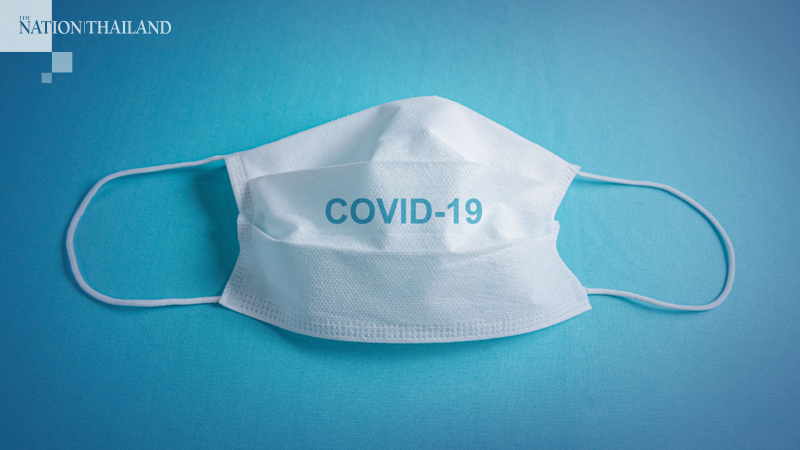Five realities of the post-Covid-19 'new normal'
Apr 27. 2020



By The Nation
Looking at the "new normal" from a business perspective, it is self-evident that companies will have to adjust according to changing buyer behaviour that was forced by the Covid-19 outbreak. Overall, five changes loom after the pandemic is tamed.
The measures and ideas to prevent and cope with this pandemic will change customer behaviour during and after the epidemic, which is called the "new normal". It could be summarised into five new realities:
1. The world will be driven by technology, which will destroy or disrupt the old business model and traditional businesses that are unable to adapt to the changing behaviours of consumers, such as online teaching. Human labour will be replaced by more technology, and robots will directly affect labour and players in various industries. It is a catalyst for those businesses to adapt to the fast-paced world.
The number of workers will be reduced, aside from people being replaced by technology. When various businesses will survive this crisis, the "work from home" experiment would let employers know how many employees they really need.
2. Online trading will grow enormously as the crisis has forced consumers to change their familiar shopping habits, which will eventually become familiar and become a new normal. Technology will directly connect the manufacturer with the end-user -- the same as the from-farm-to-table concept. Middlemen will be reduced to an important role but the online marketing and delivery platforms will grow, such as posting info about products on various member groups such as Line or Facebook platform.
In the short term, before supply is balanced with new demand, perishable products such as meat, vegetables, and fruits will be reduced or processed to preserve the value and extend their life. Consumers will have more power to buy things because manufacturers need to adjust, such as delivering products to the home. Processed products or supplies will be worth buying.
3. Customers will think closely before buying goods and services because of the fragile economy and the crisis that makes us know what is necessary for life and what is superfluous. Shopping for reasons will be more popular than emotions, such as buying residences that are useful more than beautiful and costing exorbitant prices. Spending on luxury goods and services will be reduced and converted into savings, with reduced spending on expensive jewellery, restaurants and cafes.
The tourism industry and related services will be directly affected as these costs will be cut first, due to the difficult economic conditions. But businesses that can create a new image for products or services that focus on value for money can still survive.
4. An aseptic society will be a public concept with guidelines. There will be measures to prevent and detect germs to prevent the outbreak of other diseases in the future, such as campaigns for cleanliness and hygiene in public or travelling by public and international transportation. Cleaning and sanitising of public places will be more common. Public gatherings such as concerts will have new public health measures to support.
5. Service activities will be more private, such as massage, beauty, see a doctor or receiving medication online by scheduling appointments to prevent unnecessary integration. Aside from being a valuable thing, the risks of integration are reduced by the use of modern technology.
The business will change according to the changing buyer behaviour. After being accustomed and forced to adapt to the outbreak of this virus, it is the "New Normal" that will allow those who are ready to accept this change.
Comments